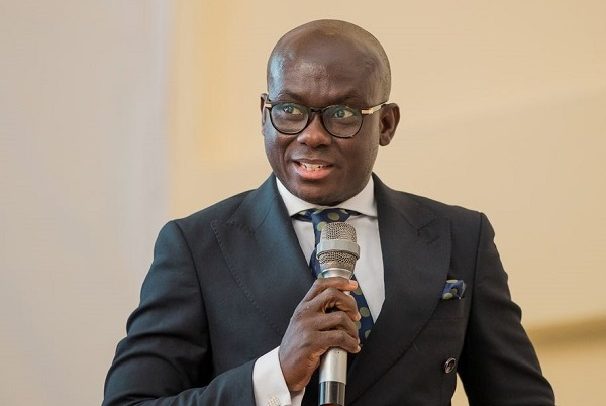Godfred Yeboah Dame – Attorney General
Ghana yesterday hosted Cameroon for the Africa Region intersessional consultations on corporate accountability and human right protection.
The consultation is jointly hosted by the Office of the Attorney General and Ministry of Justice and the Ministry of Foreign Affairs and Regional Integration of Ghana with the collaboration of the Ministry of External Relations and Ministry of Justice of the Republic of Cameroon.
The United Nations Human Rights Council, during its 26th session held on June 26, 2014, adopted Resolution 26/9, marking a pivotal moment in the global pursuit of corporate accountability and human rights protection.
The resolution, with the mandate to elaborate an international legally binding instrument on transnational corporations and other business enterprises with respect to human rights, recognizes the dual role of transnational corporations and business enterprises in both promoting economic prosperity and potentially causing adverse impacts on human rights.
In response to this resolution, the Human Rights Council established an Open-Ended Intergovernmental Working Group (OEIGWG) tasked with developing an international legally binding instrument to regulate the activities of transnational corporations and business enterprises in alignment with international human rights law.
Since its inception, the OEIGWG has conducted eight State-led negotiations, held between July 2015 and October 2022 at the Palais des Nations in Geneva.
These negotiations provided a platform for member states and non-state stakeholders to propose and discuss textual provisions in line with the established program of work.
The Third Revised Draft of a Treaty on Business and Human Rights in October 2022 served as a foundational document for these negotiations, leading to constructive discussions and contributions from the Chair-Rapporteur on select articles of the instrument.
In accordance with the recommendations outlined in the report on the eighth session of the working group (A/HRC/52/41), the Chair-Rapporteur convened a crucial meeting of the friends of the Chair in February 2023.
The objective was to facilitate consensus-building and outline a viable path forward regarding the legally binding instrument.
During this meeting, the Chair-Rapporteur called upon the friends of the Chair, representing diverse regions, to lead intersessional consultations among states within their respective regional groups.
These consultations will consider the extensive work conducted by the working group thus far, including concrete textual suggestions from the seventh and eighth sessions, as well as written inputs from stakeholders regarding substantive improvements to Articles 1-14.
Ghana took an active role in advancing this crucial initiative by reaching out to Cameroon, the Africa region representative of the Group of Friends of the Chair-Rapporteur.
A statement issued by the International Law Division of the Office of the Attorney General said the Africa Region intersessional consultations is supported by the Human Rights Commissions of both Ghana and Cameroon, in partnership with Action Aid International, the Norwegian Agency for Development Cooperation (NORAD), and other civil society organizations and social movements.
“These consultations mark a significant step towards achieving global consensus on the critical issue of business enterprises and human rights. The international community eagerly anticipates the outcomes of these deliberations and their potential impact on shaping a more just and equitable world,” the statement added.
BY Gibril Abdul Razak


